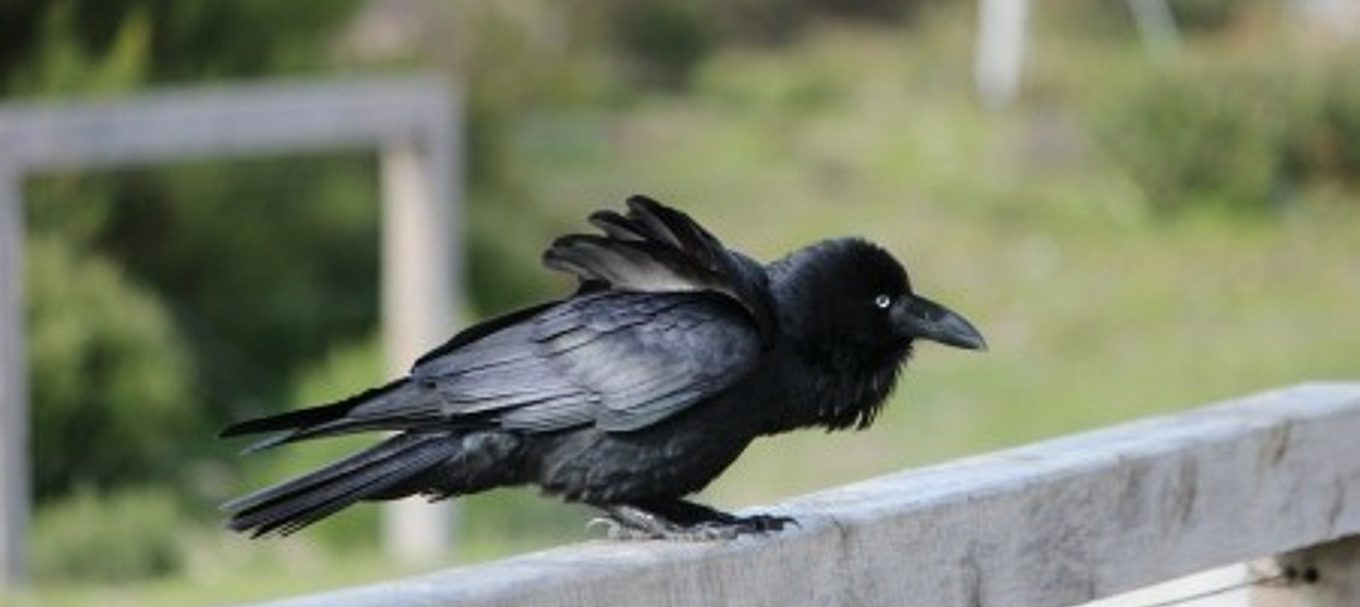
8 wildlife mysteries solved
Many wildlife species call South Australia’s national parks home, but some of them can easily be mistaken for something they’re not.
Here are eight mistaken identities of the wildlife world that you might find surprising:
1. Ravens aren't crows
Did you know the big black birds you see around Adelaide are actually ravens? There are crows in South Australia, but you’ll generally only find them north of Port Augusta. So how can you tell them apart? Australian ravens – one of the most commonly spotted species in Adelaide – are bigger than crows and have hackles on their backs and a ruff of feathers on their neck.
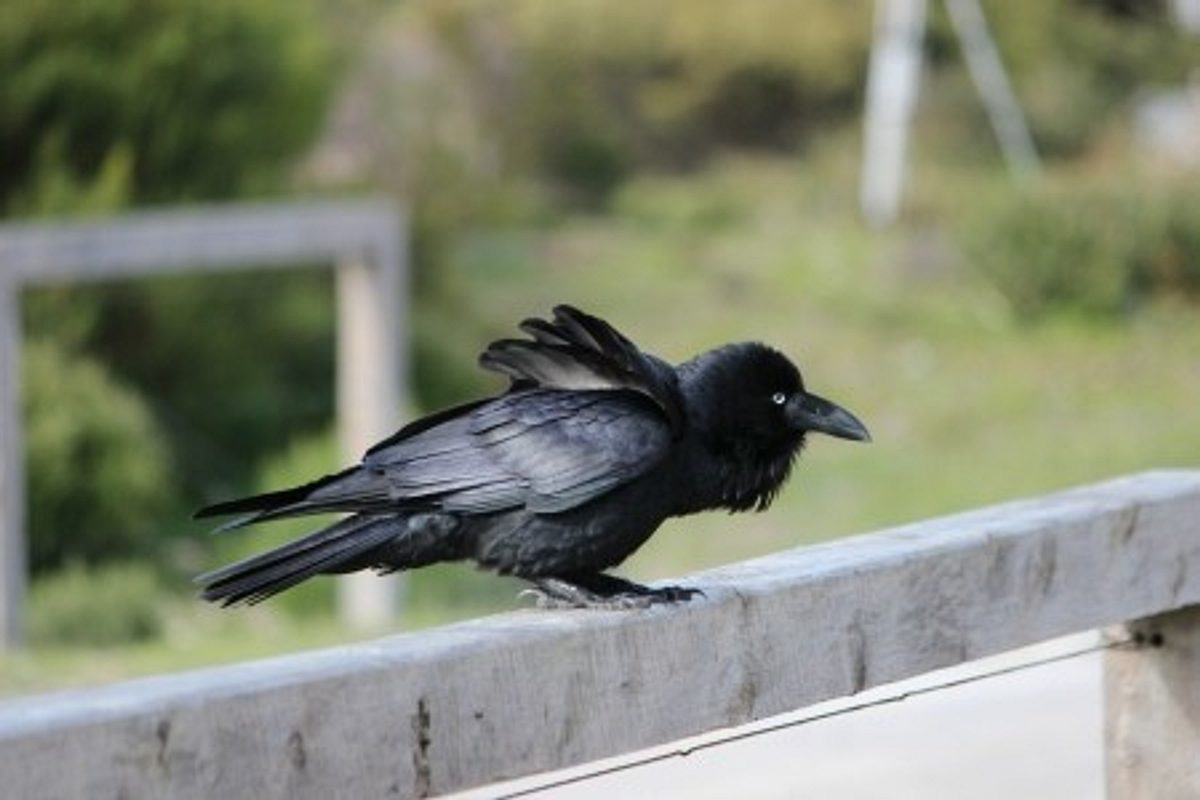
2. Tawny frogmouths aren't owls
Because they’re nocturnal and have an owl-like appearance, you’d be forgiven for thinking the tawny frogmouth is an owl – but they’re actually from a completely different bird family.
If you’re not sure how to tell them apart, watch how they hunt. Tawny frogmouths catch their prey with their beaks, as opposed to owls that catch their prey with their strong feet and claws.
Tawny frogmouths are also comfortable roosting out in the open and rely on their camouflaged appearance and their posture to blend into trees. Owls, on the other hand, prefer more privacy and roost in thick foliage and tree hollows.
Another subtle difference is the tawny frogmouth’s eyes are set on the side of its head, unlike an owl’s which are positioned more on the front of its face.
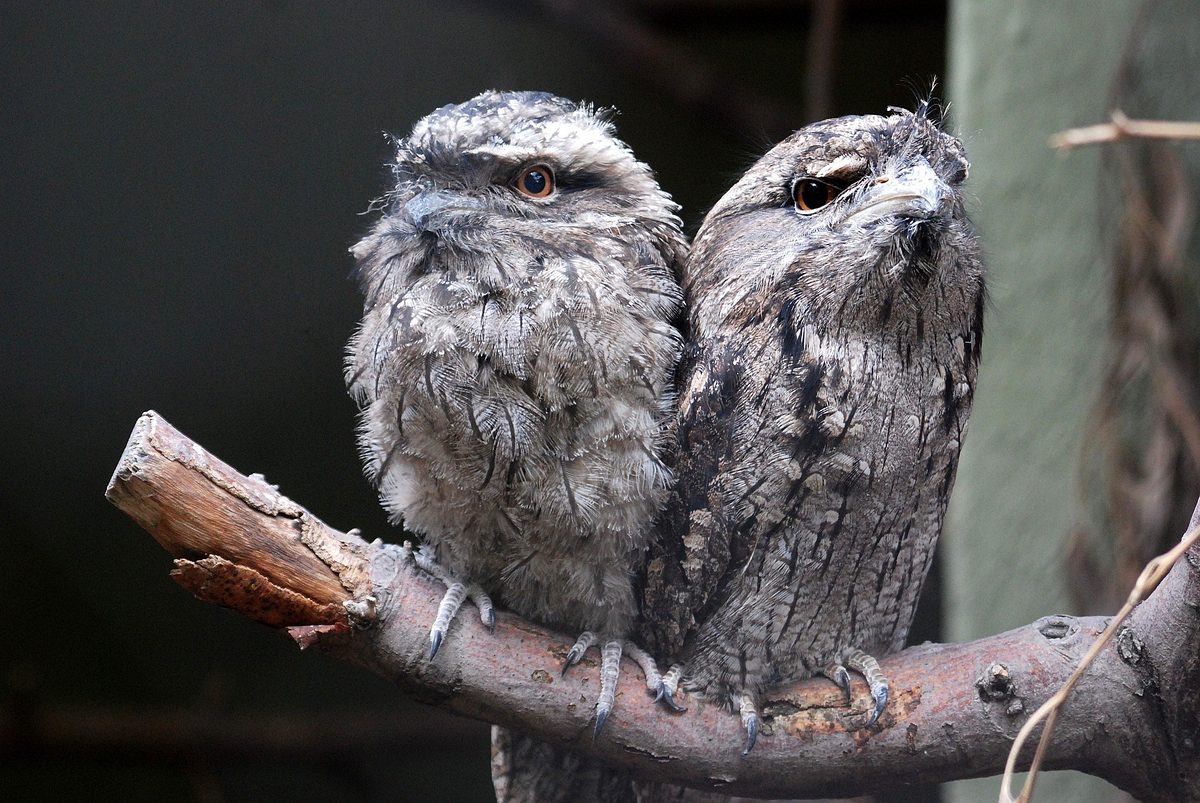
3. Koalas aren't bears
Here’s one that might make you feel like your whole childhood was a lie. Koalas aren’t bears.
Koalas were labelled as ‘koala bears’ by Europeans when they first settled in Australia because of their bear-like appearance. But they’re actually marsupials, or pouched mammals, which means they’re related more closely to kangaroos than bears.
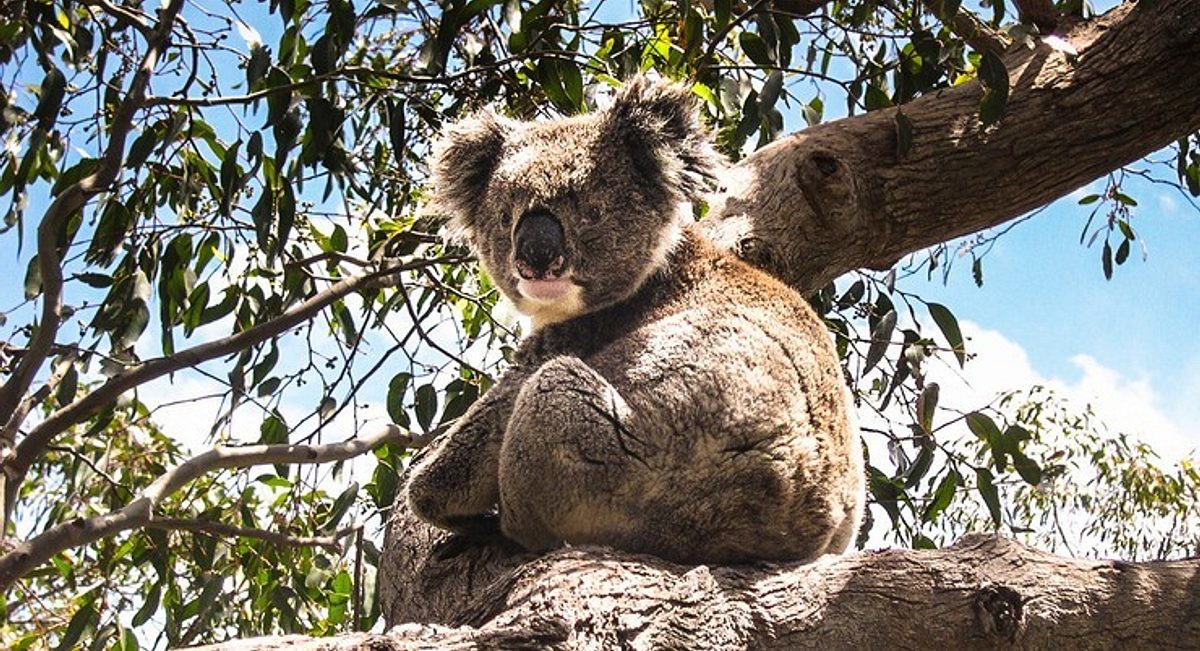
4. Echidnas aren't porcupines or hedgehogs
Even though you can see the physical resemblance, echidnas, porcupines and hedgehogs are worlds apart.
Echidnas are native to Australia and Papua New Guinea, and are one of only two egg-laying mammals in existence – called ‘monotremes’. The only other monotreme is the platypus.
Hedgehogs, however, are native to Africa, Asia and Europe, while porcupines are native to North America and South America, Europe, Asia, and most of Africa.
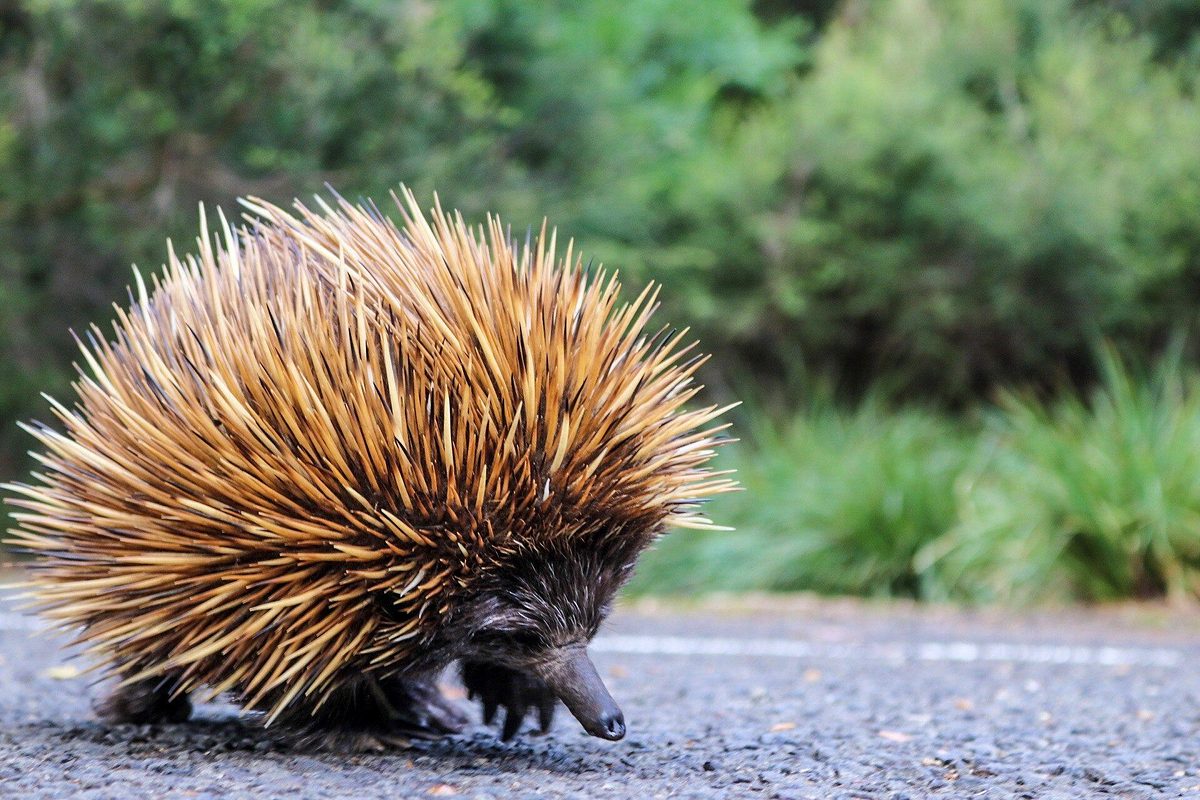
5. Southern brown bandicoots aren't rats
This endangered species looks so similar to a rat that there are actually signs in the Adelaide Hills explaining how people can tell them apart.
Southern brown bandicoots are, in fact, twice the size of a rat, with small rounded ears, a tail about half the length of a rat’s, a long pointed snout, and a large rounded rump.
You can tell if a bandicoot has been around by the cone-shaped excavations they leave behind in dirt after looking for fungi and insects.
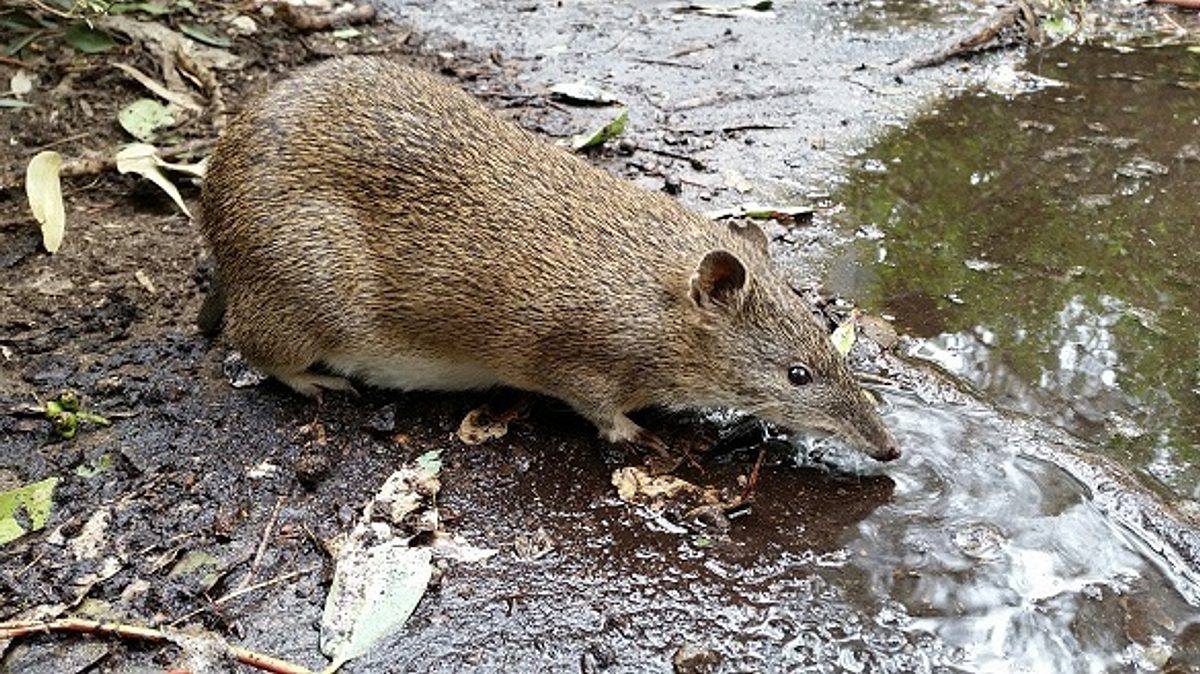
6. Banjo frogs aren't cane toads
Despite SA’s dry climate, we are fortunate to have 27 native frog species. Most of these frogs are quite small in stature. Banjo frogs, however, are one of our larger species and are often mistaken for cane toads because of their rough, wart-like skin texture.
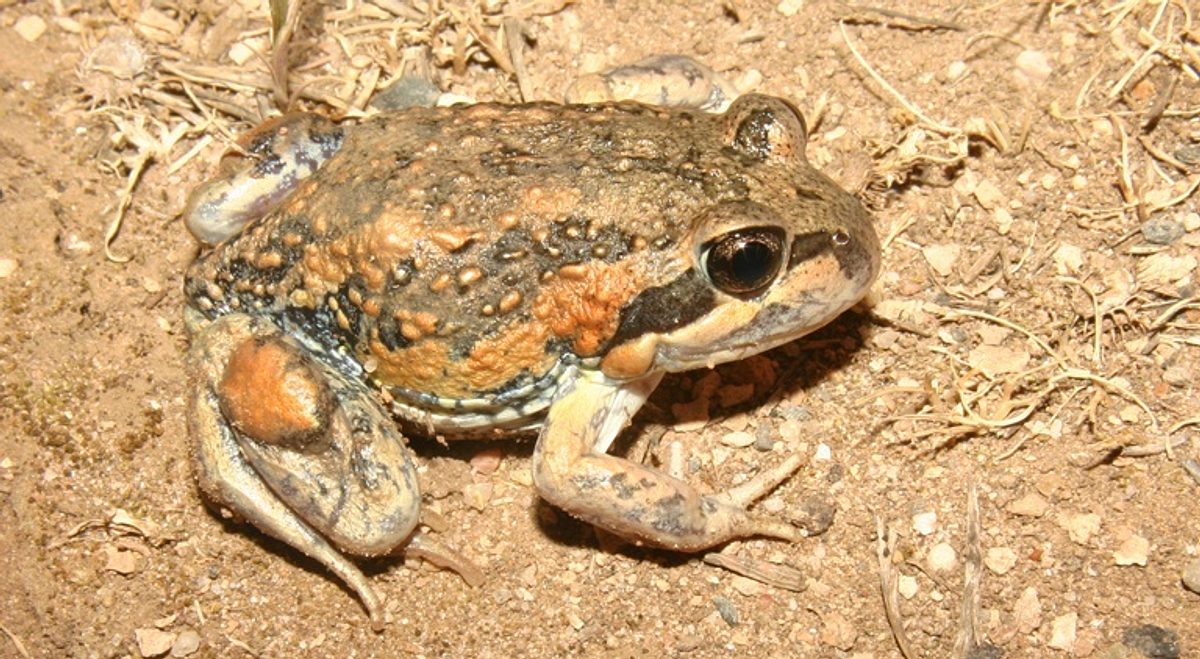
7. Blind snakes aren't worms
Even though blind snakes look and behave like large worms, if you put them under a microscope you’d see that their body has tiny scales rather than segments that are characteristic of large earthworms.
The reason they’re labelled as ‘blind’ is because their tiny eyes are covered with translucent scales which almost make them almost completely blind. They can’t see images and are only able to judge the intensity of the light. Don’t panic if you see one – they are completely harmless and non-venomous.
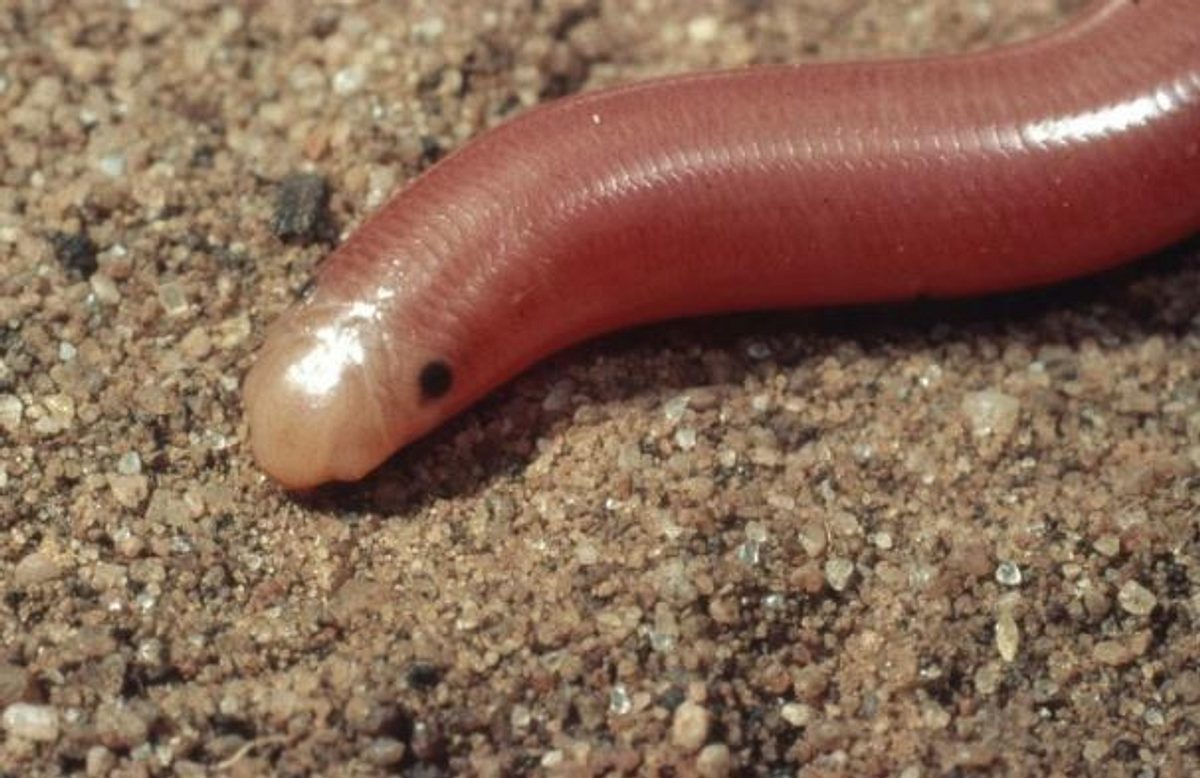
8. Possums aren't squirrels
These regular visitors to South Australian homes are often referred to as squirrels, but the last recorded sighting of a squirrel in Adelaide was way back in 1922.
Possums are marsupials, as they carry their young in a pouch, whereas squirrels are from the rodent family. Grey squirrels – like the ones you can see in Central Park in New York – were also introduced to Melbourne and Ballarat years ago, but are now extinct here.
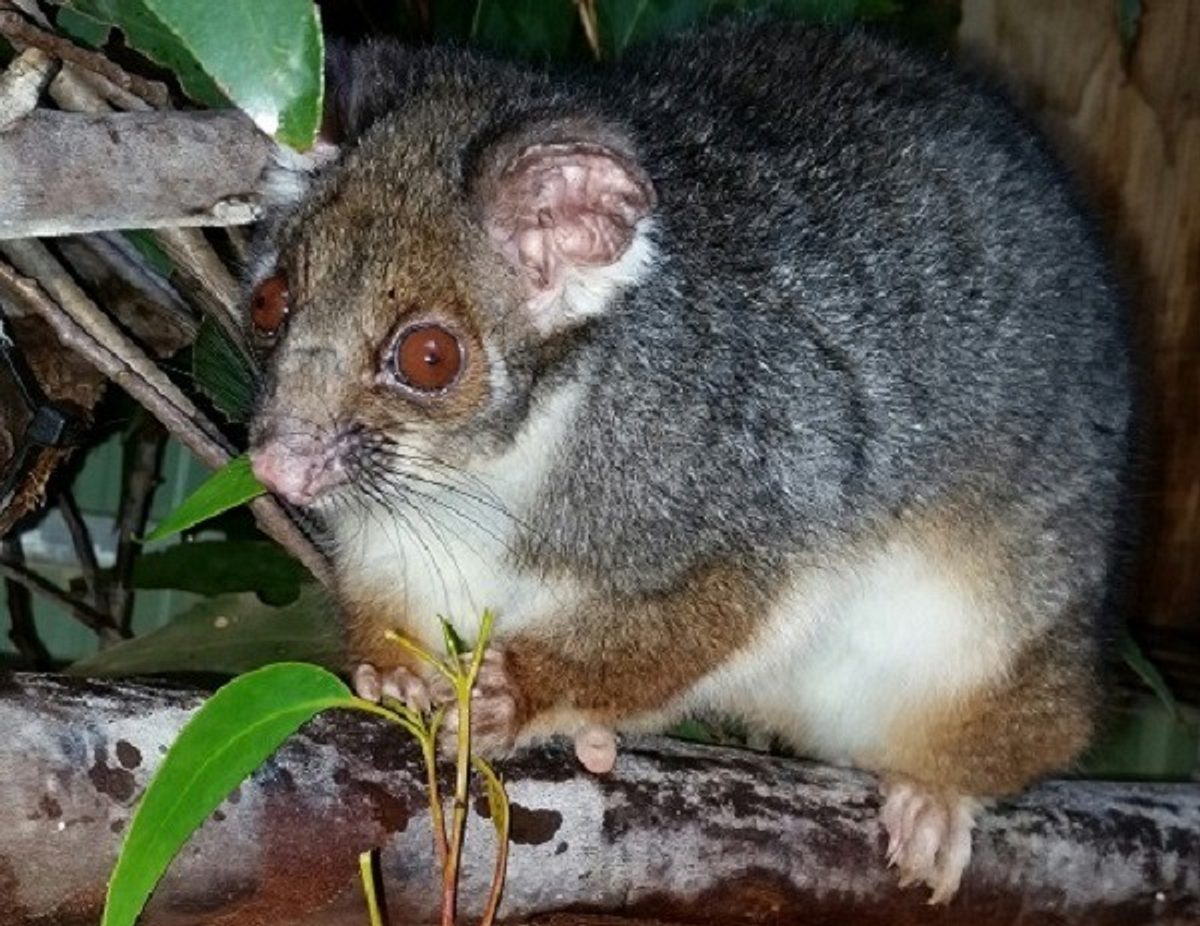
Are there any other animals that you’re unsure about? Tell us in the comments section below and we may be able to debunk the myth for you!
This story was originally posted in July 2017 and has been refreshed with additional wildlife.





